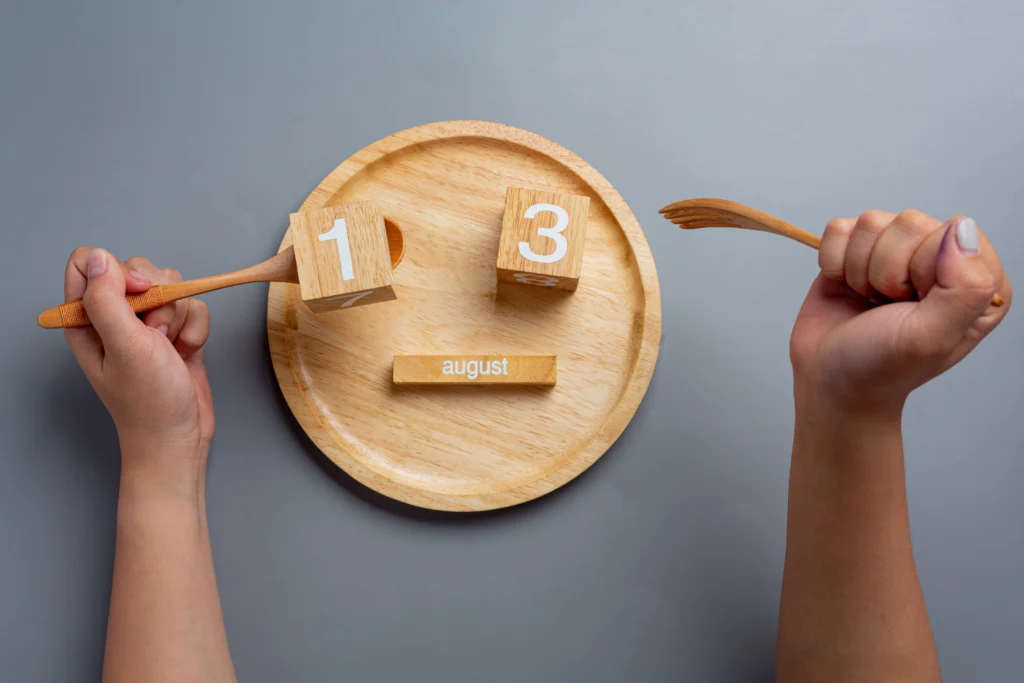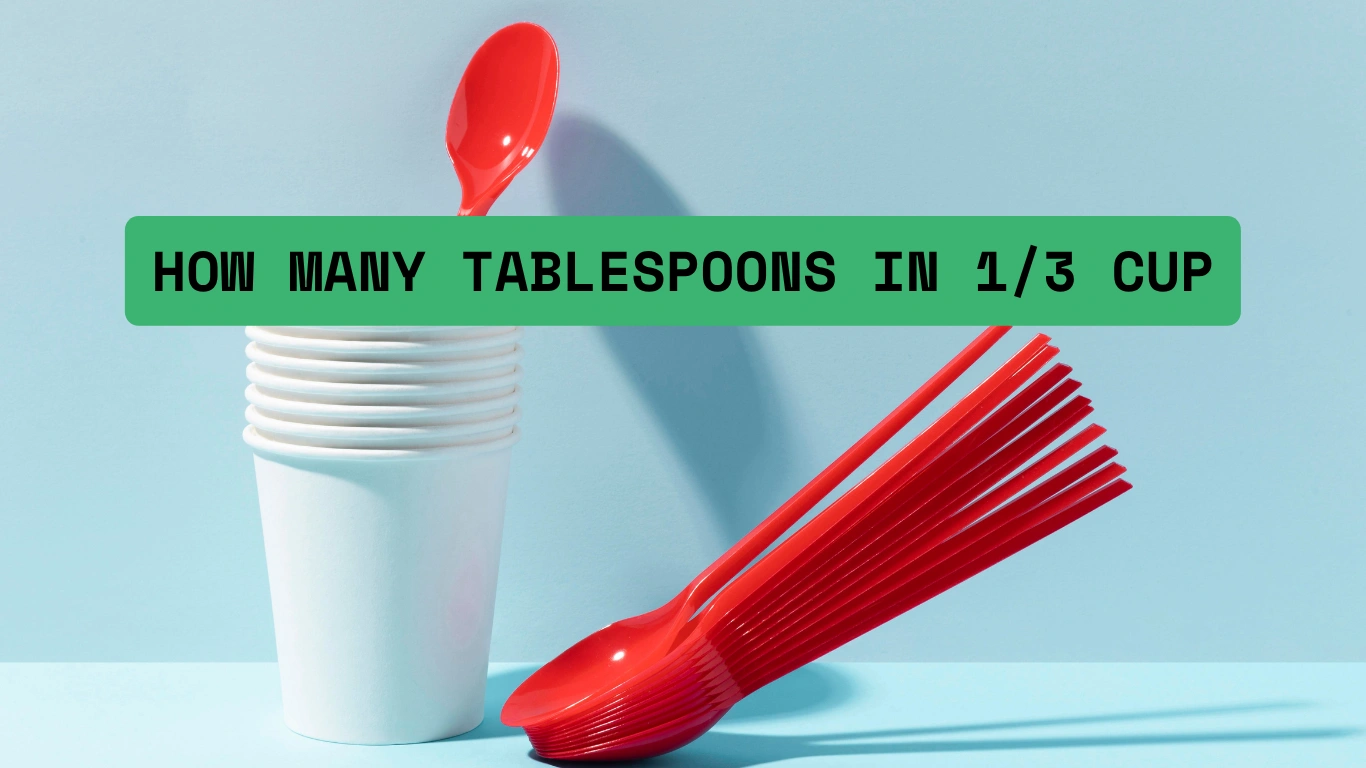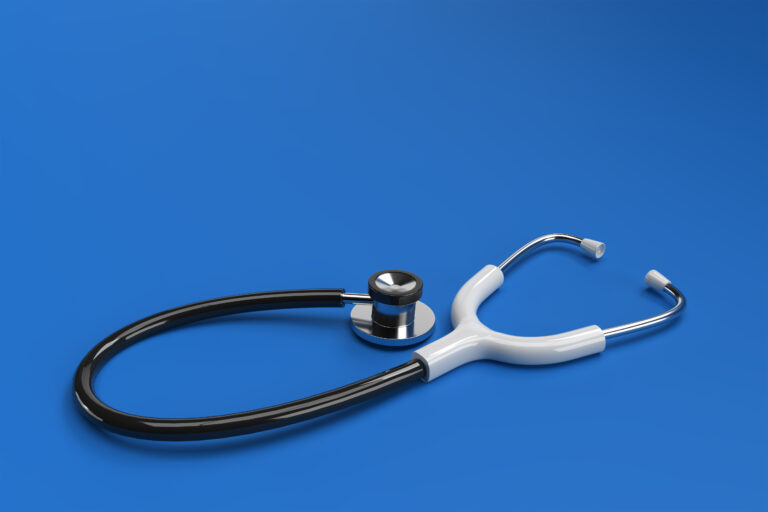How Many Tablespoons in 1/3 Cup? A Simple Guide for Everyone
When you’re cooking or baking, having accurate measurements can make all the difference. One common question many people have in the kitchen is how many tablespoons in 1/3 cup. Whether you’re reading a recipe, reducing ingredients, or doubling a dish, knowing these basic conversions can save your time and ensure perfect results.
Why Accurate Kitchen Measurements Matter
Cooking is an art, but baking is more like a science. If you use too much flour or too little sugar, it can ruin the dish. That’s why measuring ingredients properly is super important. A small mistake in tablespoons or cups can affect the texture, taste, and even how the food cooks.
Knowing how many tablespoons in 1/3 cup helps you follow recipes exactly and make smaller or larger batches when needed. It also saves you from guessing and making messes in the kitchen.
Understanding Cups and Tablespoons
Before jumping into the exact answer, let’s understand the units. In the United States and many other countries, cups and tablespoons are common volume measurements used in recipes. They help measure both dry and liquid ingredients. Here’s a quick breakdown:
| Unit | Equivalent in Tablespoons |
|---|---|
| 1 cup | 16 tablespoons |
| 1/2 cup | 8 tablespoons |
| 1/3 cup | 5 tablespoons + 1 teaspoon |
| 1/4 cup | 4 tablespoons |
| 1 tablespoon | 3 teaspoons |
So, how many tablespoons in 1/3 cup? The answer is 5 tablespoons plus 1 teaspoon.
Why 1/3 Cup Equals 5 Tablespoons + 1 Teaspoon
A full cup holds 16 tablespoons. When you divide that cup into three equal parts, each third comes out to 5 tablespoons and 1 teaspoon. This conversion may seem odd at first, but it’s useful when you do not have a 1/3 measuring cup on hand.
You can use a standard tablespoon and teaspoon from your kitchen drawer to measure it. This way, even if you’re camping, traveling, or just missing a tool, you can still get the job done right.
Common Kitchen Situations That Need This Conversion

Let’s say you’re following a recipe that calls for 1/3 cup of oil, but you only have tablespoons. You don’t want to guess and ruin your meal. In this case, just measure 5 tablespoons and 1 teaspoon, and you’re good to go.
Another time this comes in handy is when you’re adjusting serving sizes. If you’re halving a recipe that calls for 2/3 cup, you’ll need to know tablespoons in 1/3 cup so you can measure it accurately.
Dry vs. Liquid Measurements
Some people wonder if the conversion changes for dry or liquid ingredients. The short answer is no. tablespoons in 1/3 cup stays the same whether you’re measuring sugar, milk, flour, or oil.
But the way you measure them matters. For dry ingredients like flour, scoop it lightly into the spoon and level it off with a flat edge. For liquids, use a spoon designed for wet ingredients and fill it to the top without spilling.
Handy Table for Quick Kitchen Conversions
Here’s a helpful table you can print or screenshot to make cooking easier:
| Cups | Tablespoons | Teaspoons |
|---|---|---|
| 1/4 cup | 4 tbsp | 0 tsp |
| 1/3 cup | 5 tbsp | 1 tsp |
| 1/2 cup | 8 tbsp | 0 tsp |
| 2/3 cup | 10 tbsp | 2 tsp |
| 3/4 cup | 12 tbsp | 0 tsp |
| 1 cup | 16 tbsp | 0 tsp |
Keep this table near your cooking area. It will save you time and help avoid measuring mistakes.
Simple Trick to Remember It
If you don’t want to look it up each time, here’s a quick trick:
Since 1 cup = 16 tablespoons, then divide by 3:
16 ÷ 3 = 5 tablespoons and 1 teaspoon
Now you’ll never forget tablespoons in 1/3 cup!
Cooking Tips When Measuring
Even with the correct conversions, your dish can go wrong if you don’t measure ingredients the right way. Here are a few tips:
- Use level measurements to be precise.
- Don’t pack ingredients like flour unless the recipe says so.
- For sticky ingredients like honey, spray the spoon with oil so it slides off easily.
- Dry and liquid spoons are not the same. Use each for the right type of ingredient.
Why It’s Important for Kids and Beginners
Kids learning to cook often struggle with fractions. If you teach them that tablespoons in 1/3 cup is always 5 tablespoons and 1 teaspoon, it makes cooking fun and less stressful.
Even beginner cooks who are nervous in the kitchen can benefit. Simple conversions like this build confidence and make recipes easier to follow.
Conclusion:
Now you know the answer to how many tablespoons in 1/3 cup. It’s 5 tablespoons and 1 teaspoon. That’s it! This small trick can help you cook and bake better. When you use the right amount, your food turns out just right. You don’t need to guess anymore. Keep this in mind, and you’ll be ready for any recipe, even without a measuring cup. Cooking can be easy and fun when you know the right tools to use.Keep a measuring chart nearby, remember this simple math, and never be caught off guard by kitchen conversions again.
FAQs
Q1: How many tablespoons in 1/3 cup of butter?
A: The same 5 tablespoons and 1 teaspoon. Just soften the butter slightly for easy measuring.
Q2: Is this the same for all ingredients?
A: Yes, the volume is the same, though how you measure dry vs. liquid ingredients changes.
Q3: How many teaspoons in 1/3 cup?
A: There are 16 teaspoons in 1/3 cup (since 1 tablespoon = 3 teaspoons, and 5 tbsp + 1 tsp = 16







